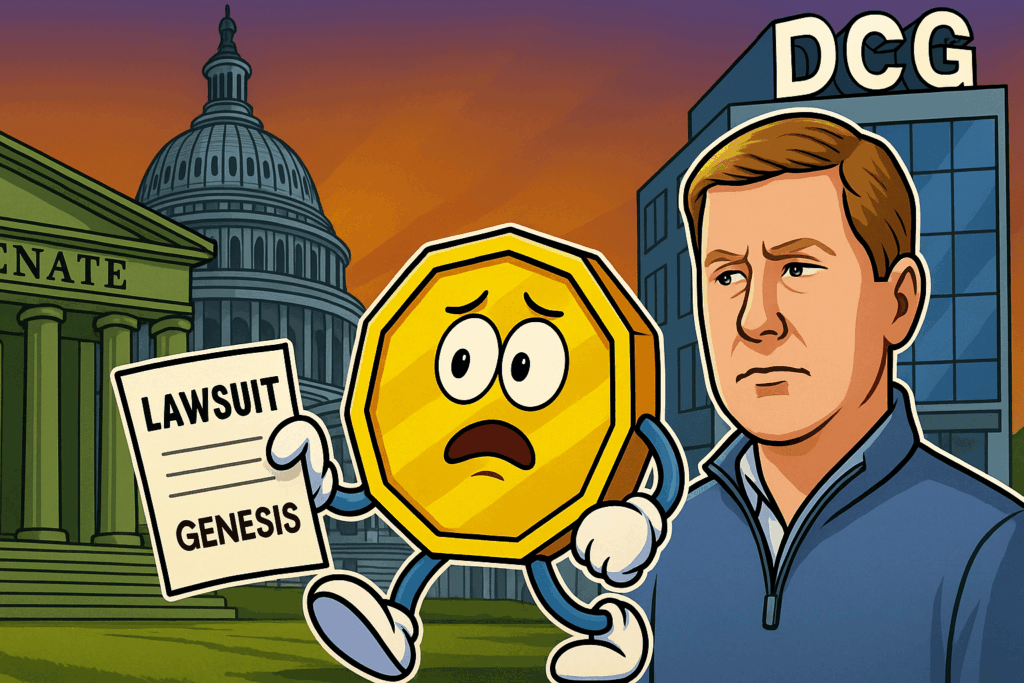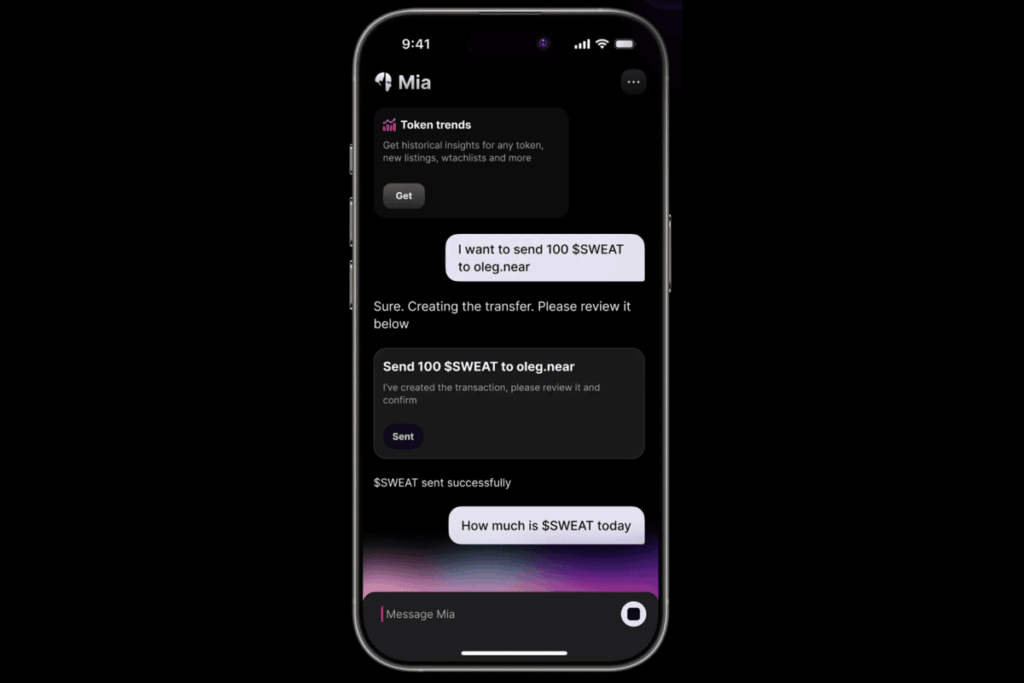Crypto lender Genesis has filed two lawsuits seeking more than $3.3 billion from its parent company, Digital Currency Group (DCG), and CEO Barry Silbert. The complaints allege widespread fraud, insider enrichment, and concealed fund transfers that contributed to Genesis’s eventual bankruptcy.
On May 19, the Delaware Court of Chancery unsealed a detailed complaint that accuses DCG of treating Genesis like a corporate ATM drawing funds through self-serving loans and undisclosed transfers while maintaining a misleading appearance of financial stability. The claims are being brought forward by Genesis creditors through a court-appointed Litigation Oversight Committee (LOC), which asserts that more than one million digital assets, valued at roughly $2.1 billion, were extracted even as Genesis teetered on the brink of insolvency.
According to the lawsuit, creditors are still owed approximately $2.2 billion in digital assets, including 19,086 Bitcoin, 69,197 Ether, and over 17.1 million other tokens, in addition to substantial unpaid interest and fees as of February 9, 2025.
Newsletter
Get weekly updates on the newest crypto stories, case studies and tips right in your mailbox.
Central to the allegations is the claim that Silbert and other top executives disregarded basic financial controls, steering Genesis into reckless lending practices for the benefit of Grayscale Investments, DCG’s flagship subsidiary. The suit contends that DCG withdrew $1.2 billion from Genesis prior to the bankruptcy, at a time when the company was already in financial distress.
The complaint also states that Genesis functioned without a formal board or independent governance. Key decisions were allegedly made with the sole intent of enriching DCG leadership, leaving retail and institutional creditors exposed. It further alleges that executives including Silbert, Michael Kraines, and Mark Murphy orchestrated deceptive transactions at the close of Q2 and Q3 of 2022. These were allegedly designed to give the illusion that DCG was providing financial support to Genesis, while in reality, it was extracting liquidity from the company.
One particularly damaging allegation involves the forced acceptance of Grayscale Bitcoin Trust (GBTC) shares as collateral, which Genesis claims were both illiquid and restricted from resale even after the mandatory six-month SEC lockup period had expired. This practice reportedly introduced serious valuation risks and contributed to the platform’s instability.
Named in the Delaware lawsuit are DCG, Barry Silbert, former Genesis CEO Michael Moro, former DCG CFO Michael Kraines, DCG President Mark Murphy, and DCG’s investment banker Ducera Partners.
A second complaint, filed in the U.S. Bankruptcy Court for the Southern District of New York, alleges that DCG and its affiliates withdrew more than $1.2 billion in cash and cryptocurrency during the year leading up to Genesis’s bankruptcy. These transactions were reportedly timed around critical market collapses such as those involving Terra-Luna, Three Arrows Capital, and FTX when Genesis was already insolvent. According to internal records, DCG insiders managed to recover 100% of their assets, while ordinary creditors were left to absorb the fallout.
Altogether, Genesis is pursuing the recovery of over $3.3 billion through these two lawsuits.
In a related development, a New York judge ruled in April 2025 that most of the New York Attorney General’s civil fraud case against DCG, Silbert, and former Genesis CEO Michael Moro could proceed. That case accuses the defendants of misleading investors in the aftermath of the Three Arrows Capital collapse. According to the suit, DCG attempted to obscure a $1 billion shortfall by issuing a 10-year, low-interest promissory note rather than disclosing the extent of the financial damage.










